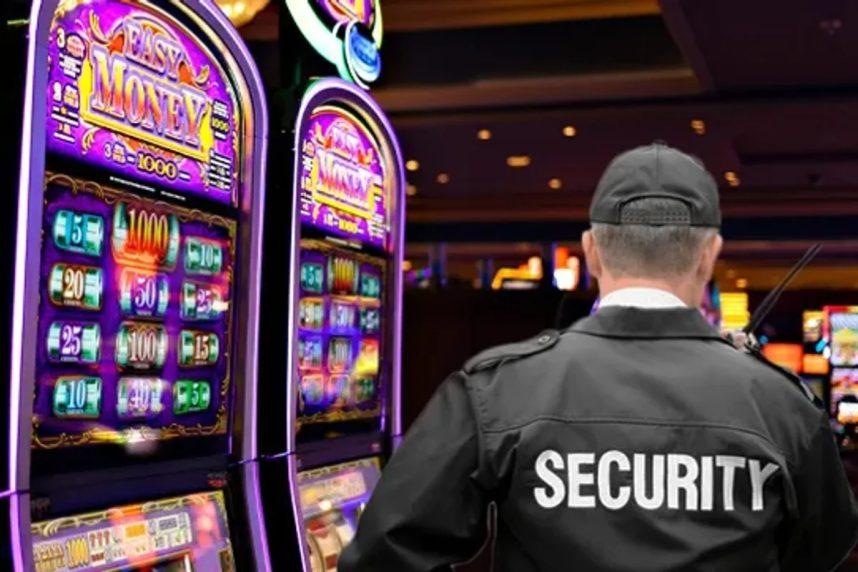
Pennsylvania Addiction Experts Oppose Automatic Casino Self-Ban Removal
Addiction specialists and mental health providers strongly oppose the Pennsylvania Gaming Control Board's (PGCB) proposed changes to casino self-exclusion rules, citing increased risks of gambling addiction relapse.

Casino security guard on duty
The PGCB's October proposal would automatically reinstate gambling privileges after self-exclusion periods end, eliminating the current requirement for individuals to actively request reinstatement. This would align casino protocols with the state's other gambling self-exclusion programs for iGaming, video gaming terminals, and fantasy sports.
The Pennsylvania Department of Drug and Alcohol Programs (DDAP) warns that automatic reinstatement could threaten recovery progress. Amy Hubbard, DDAP's Compulsive Problem Gambling Section manager, emphasizes that shorter-term bans are more approachable for those seeking help, with the security of knowing they won't expire without explicit consent.
Ken Martz, president of the Pennsylvania Association of Addiction Professionals, suggests instead standardizing all gambling platforms to match the casino model's active reinstatement requirement, rather than weakening existing protections.
Mental health professionals highlight several concerns:
- Increased relapse risk without explicit opt-in
- Potential targeting of vulnerable former self-excluded players
- Contradiction of consumer protection principles
- Risk of severe consequences including financial ruin and relationship breakdown
While the PGCB argues the change would prevent accidental trespassing and reduce administrative burden, treatment providers maintain that protecting recovering gamblers should take precedence over operational convenience.
Most casinos have remained neutral on the proposal, though concerns exist about potential targeted marketing to automatically reinstated players.
Related Articles

The History of Riverboat Gambling in Iowa: When Legal Casino Boats First Launched
![Is Online Gambling Legal in Texas? [2024 Law Guide]](/api/files/image/cm6815uuq002kuz8vcz1293f7/thumbnail.jpg)
